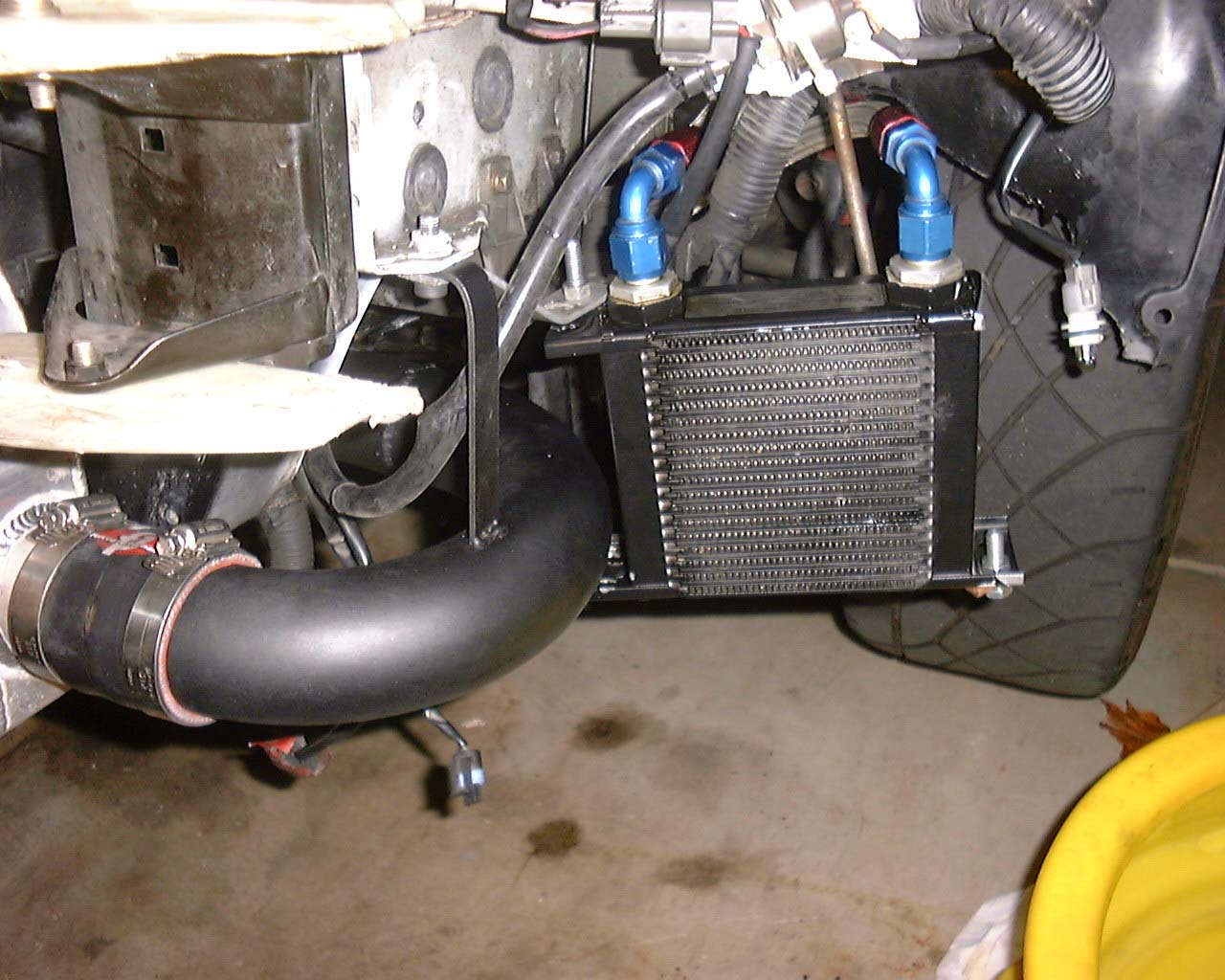Turning Up: Warm to Chill: The Impact of Oil Chillers on Engine Condition

In the world of automotive engineering, temperature management plays a crucial role in ensuring the lifespan and efficiency of an engine. One of the unsung heroes in this area is the oil cooler, a component that often goes ignored until it becomes essential. As engines work harder and run at higher temperatures, especially under challenging conditions, the need to efficiently dissipate heat from the engine oil becomes increasingly important. By maintaining ideal oil temperatures, oil coolers help to protect the engine from the harmful effects of excessive heat.
When engine oil gets too hot, it can diminish its slippery properties, leading to higher friction, wear, and ultimately serious failure. An oil cooler lessens this risk by reducing the oil temperature, allowing for better lubrication and improved performance. In this article, we will explore how oil coolers play a key role in enhancing engine health, the different types available, and why they are an essential addition to any vehicle, especially those that endure heavy use or operate in extreme conditions.
Comprehending Engine Cooling Systems
Engine coolers act a crucial function in keeping the ideal heat of the oil in the engine, which is necessary for the complete condition of the motor. As the engine runs, the oil gains heat generated from friction and burning processes. If the lubricant gets too hot, its friction-reducing properties degrade, causing increased wear on motor components and likely failures. This is where oil coolers are important, facilitating for effective heat dissipation and making sure that the lubricant stays at an optimal functioning temperature.
There are different types of oil coolers, including air-based and liquid-based designs. Air-cooled cooling systems depend on the flow of air to disperse thermal energy, making them suitable for various automotive applications where space and weight are considerations. Liquid-driven oil coolers, on the other hand, employ cooling fluid from the motor’s coolant system to regulate oil heat, often providing greater efficient cooling in performance-intensive or heavy-duty conditions. Both types plays a role greatly to preserving the viscosity and efficiency of the lubricant.
In furthermore reducing the chance of excessive heat, cooling systems also enhance the entire efficiency of the engine. By keeping the lubricant at a consistent heat level, oil coolers help maintain proper oil flow, lessening friction and improving gas mileage. This not only prolongs the life of the engine but also leads to superior output and lower emissions. To summarize, incorporating an oil cooling system is a sensible investment for anyone wanting to boost their vehicle's motor health and efficiency.
Benefits of Oil Cooling
Oil cooling systems play a vital role in maintaining optimal engine temperatures, which is critical for efficient performance. By eliminating excess heat from the engine oil, oil coolers avoid the oil from overheating, thereby ensuring it maintains its lubricant properties. This leads to less friction between engine components, contributing in smoother-running operation and enhanced fuel efficiency. When the oil remains cool, it also reduces the risk of engine knock, a situation that can lead to severe damage if not addressed.
An additional advantage of oil coolers is their capability to increase the duration of engine oil. Overheating can cause oil to deteriorate more rapidly, leading to a reduction in its effectiveness as a lubricant and an rise in the creation of sludge. By keeping the oil at a consistent, cooler temperature, oil coolers help maintain the purity of the oil, allowing it to perform its job efficiently for a longer period. This not only means reduced oil changes but also results in cost savings for vehicle owners in the long run.
Finally, oil coolers aid to overall engine longevity by mitigating issues related to heat. Elevated temperatures can expedite wear and tear on engine parts, leading to significant repairs. By efficiently dissipating heat, oil coolers help protect critical components such as bearings, pistons, and camshafts. This enhanced thermal management results in a better engine that is less prone to mechanical failures, ultimately providing drivers with increased peace of mind as they drive.
Maintenance and Optimal Procedures
Caring for your oil cooler is essential for improving engine longevity and performance. Regular inspections should be a component of your vehicle's routine maintenance schedule. Look for symptoms of leaks or damage, as these can negatively affect the oil cooling system's efficiency. Keeping your engine oil clean and replacing it at recommended intervals will also help lessen deposits and sludge buildup that can clog the oil cooler.
An additional important step is ensuring that the oil cooler is free from debris or obstructions that can restrict airflow. Dirt, leaves, and bugs can build up on the cooler's surface, reducing its ability to release heat efficiently. Regularly maintaining the exterior of the oil cooler and ensuring proper airflow can significantly enhance its performance and, consequently, the health of your engine.
Finally, take into account the compatibility of the oil cooler with your vehicle's engine and the type of oil you are using. Using the appropriate oil cooler designed for your specific engine model ensures ideal performance. Additionally, monitoring holden trax oil cooler can provide clarity into the effectiveness of your oil cooling system, allowing you detect potential issues before they arise.

